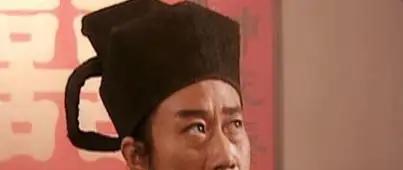The Hidden Truths in 'Water Margin'
Through meticulous details about food, human nature, and social interactions, ‘Water Margin’ reveals the authentic life of Song Dynasty China, especially in how power, money, and human relationships truly operated.

The essence of “Water Margin’s” authenticity lies not in its martial arts fantasies, but in its vivid depiction of daily life in Song Dynasty China. Let’s examine several key aspects that demonstrate this realism.
Food and dining customs in the novel reflect genuine social practices. When describing Wu Song visiting his brother, the author details specific dishes like sobering soup made with ginger and vinegar - ingredients known to counter drunkenness in traditional Chinese medicine. The careful attention to seasonal ingredients, cooking methods, and dining etiquette demonstrates intimate knowledge of Song Dynasty culinary culture.
The novel’s portrayal of corruption and bribery reveals sophisticated understanding of how power actually worked in ancient China. When bribing officials, success depended not on the amount of money, but on finding the right intermediary who had influence with higher authorities. The novel shows how even minor officials like Sun Kongmu could be crucial in manipulating legal outcomes through their connections.
Most striking is the novel’s unflinching depiction of human nature. When Wu Da is murdered by his wife Pan Jinlian and Ximen Qing, the author meticulously describes not just the act itself, but the psychological states of all involved - Pan Jinlian’s calculated cruelty, Ximen Qing’s casual malice, and Wu Da’s tragic trust. This psychological realism extends to how neighbors react - their fear of getting involved, their gossip, their practical calculations about whose side to take.
Wu Song’s revenge is portrayed not as heroic fantasy but through mundane details - gathering witnesses, collecting evidence, following legal procedures even while planning violence. His methodical approach reveals how justice actually worked (or failed to work) in Song society.
Through such careful observation of daily life, social customs, power dynamics, and human behavior, “Water Margin” achieves a level of realism that transcends its genre as fiction. It serves as a profound historical document of how people actually lived, thought, and interacted in medieval Chinese society.
This authenticity explains the novel’s enduring impact - beneath its dramatic story lies a true reflection of eternal human nature and social reality. Its power comes not from its heroic tales, but from its uncompromising portrayal of how people really behaved when faced with love, hate, power, money, and moral choices.